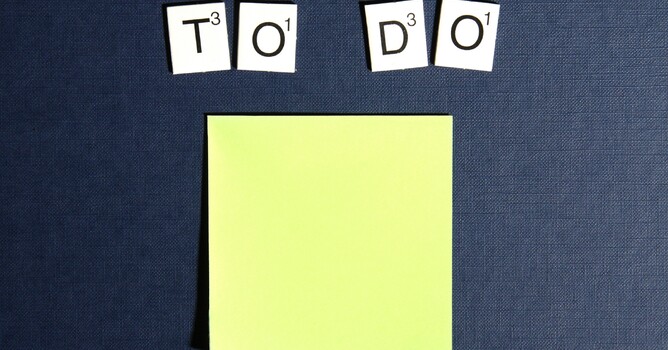You have certain responsibilities if you want to run your own business and become self-employed. Often people fall into becoming self-employed and have this sudden realisation that they do not know what responsibilities they have in terms of who they need to inform, paying the correct taxes and what records they need to keep.
We thought it would be useful to put together an easy to use check list of your responsibilities as a sole trader. Please note if your business is a limited company, then you will have different responsibilities.
Register as self-employed with HMRC. You should register with HMRC as soon as possible or by the 5th October after your first tax year as self-employed, in order to avoid any fines.
Have you previously completed a self assessment tax return?
Yes - Complete online form CWF1 - Self Assessment and National Insurance Contributions Registration; or
No - First set up an online account with HMRC. You will then be sent a 10 digit Unique Taxpayer Reference (UTR) and will be enrolled for the self-assessment online service. You will receive an activation code in the post, which is used to log in to your online account for the first time.
Complete and file your tax return every year. The deadline for paper returns is 31st October following the tax year end and 31st January for online returns.
Income Tax and National Insurance - Pay any income tax and class 2 and 4 national insurance due on your profits
Register for VAT if your turnover reaches the VAT threshold, currently £85,000 (17/18)
Register with HMRC for the Construction Industry Scheme (CIS) if you work in the construction industry as a contractor or subcontractor.
Business Name – you can trade under your own name or have a business name. There are certain terms (Ltd, Limited, Limited Liability Partnership, public limited company or plc) and sensitive words that are not allowed to be used (see Companies House website) and the name cannot be the same as an existing trademark
Keep records of your business’s income and expenses
Keep proof of your records – for example, receipts, bank statements, cheque book stubs, invoices, till rolls and bank slips
Keep your records for at least 5 years after the 31st January submission deadline of the relevant tax year, for example, for the tax year 13/14, the deadline for submitting your tax return would be 31st January 2015. You, therefore, would need to keep all records relating to that tax return until at least 31st January 2010.
Choose an accounting method;
Traditional – recording income and expenses by date of invoice; or
Cash Basis – recording income and expenses when you receive money or pay a bill. With the cash basis you only have to pay tax on income you have received in the actual accounting period. There are certain criteria to be met in order to be able to use the cash basis accounting method.
It’s best to register with HMRC as self-employed as soon as you start trading and to diarise what needs to be done by which date. If you make sure you keep receipts and a clear record of all your income and expenses, either in a spreadsheet or using an accounting software package, then you will be ready to complete your tax return at the end of each tax year.
The next blog will be about allowable and non-allowable expenses for sole traders. If you would like to follow our blogs and receive our newsletters, then please sign up to our mailing list below.

